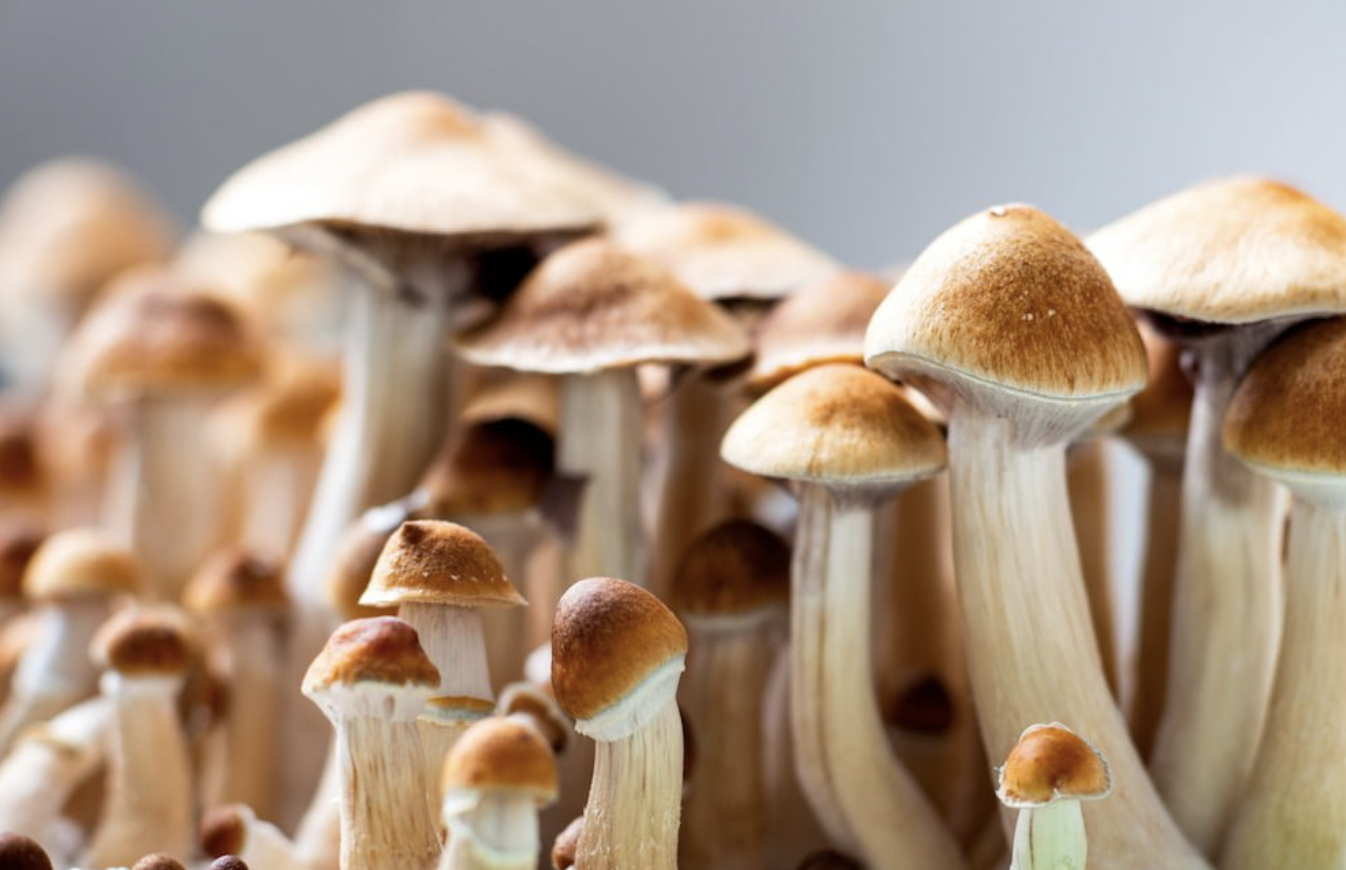Beyond ecstasy: Dutch MDMA report explores therapeutic possibilities
Last month, the Dutch State Commission on MDMA released its report advising the Government to allow access to MDMA-Assisted Therapy (MDMA-AT) for people living with PTSD. The report has now been translated into English.
The Netherlands’ history with MDMA stretches back decades, with over 550,000 people in the country having taken MDMA recreationally at least once in 2022.
Its extensive use in raves and clubs has led to criminal gang operations and industrial-scale production of the compound in the country, igniting calls for its regulation to stop this criminal activity.
However, outside of this recreational use, recent years have seen increasing research demonstrating MDMA’s potential as a treatment for PTSD in combination with psychotherapy.
In light of these developments, the independent State Commission was established by the Dutch Parliament in 2023 to research the legal status of MDMA and provide advice on its medical use.
Highlighting that Dutch drug policy dates from 1995 and has not been reviewed since 2009, the report emphasises that there is an urgent need for a thorough review and update on the basis of scientific evidence and not “emotions”.
While the MDMA: Beyond Ecstasy report does not review the entire Dutch drug policy, it maps out the historical, legal, policy-related, public health science and therapeutic aspects of MDMA, includes recommendations for policy and the use of MDMA in medical settings, and concludes there is sufficient evidence for MDMA’s medical application.
READ MORE

